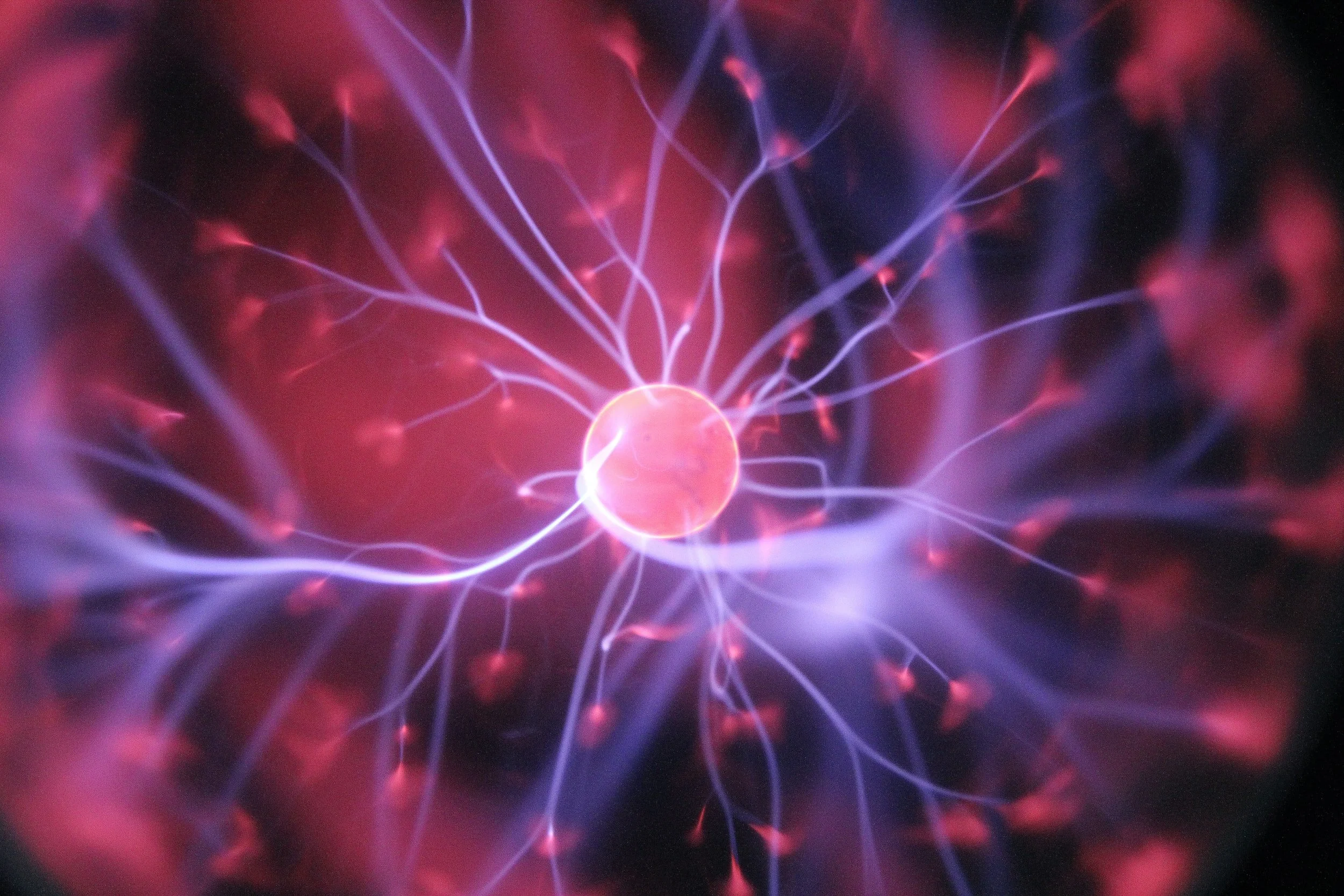Just over a century ago, artists in Europe began to jettison figurative painting in favor of abstraction. What motivated this shift, and how have subsequent artists and critics understood the social and aesthetic significance of abstract work? How have lines and color come to carry meanings beyond their immediate form? This seminar will explore these questions through attention to a range of abstract painting in both Europe and the US, as well as to critical discourses around it.
The Covid pandemic led us to ask how the behavior of an individual depends on its interactions with others, and how its actions then change the rest of the system: each person’s decision to wear a mask, get vaccinated, or go to a crowded bar, influences the course of the pandemic, not just that person’s own chances of infection. Collective behavior of this sort manages to operate without central control, using only interactions of individual participants. It is widespread in nature, from brains to ant colonies. This seminar examines the question, so fundamental throughout biology: how do interactions among individuals — genes, neurons, ants, elephants — generate collective behavior?
One area of human competence, as yet unmatched by machines, is “social knowledge” — commonsense reasoning about the goals, preferences, and actions of others. Interestingly, human infants are able to make rich and abstract generalizations about their social environment as early as their first year of life. In this seminar we explore infants’ social knowledge and ask how the abilities of infants can inform the design of socially aware AI systems.
China has been rising, economically and militarily, for decades. China’s increasing power, coupled with its repression of dissidents at home and military threats against Taiwan and others abroad, have heightened US concerns that China poses a dangerous and perhaps imminent threat to its security and vital interests. To analyze this situation, we turn to theories of geopolitical stability proposed by political scientists to study the dynamics and consequences of challenges to traditionally dominant powers. We find that competing theories — for example, “balance of power” and “hegemonic stability” — differ in their analyses of the current situation and its implications for US policy toward China.
Economic inequality has become a subject of public interest and debate, from executive compensation to Universal Basic Income. Do disparities of income and wealth contribute to a more efficient economy, or the opposite? How should inequality be measured, when is it excessive? At the personal level, what attitudes do individuals express about inequality, and what impact does perceived inequality have on their actual economic behavior? In this seminar we study tools and models used by economists to study these questions.
What is the relationship between value and action? If performing some act would be good for you or others, is that reason enough to think it is the right thing to do? Or are there other kinds of reasons that bear on the morality of an act, distinct from how good or bad its outcomes would be? This seminar explores these questions of normative ethics, a branch of moral philosophy. We will consider certain well-known examples, both real and hypothetical, and learn from classic and contemporary philosophers about how there can be better and worse reasoning regarding moral matters.
The 2020 presidential order requiring “classical architecture” in Federal buildings — and its subsequent revocation in 2021 — have highlighted current controversies about the meaning of public buildings and spaces. Not surprisingly, this is a topic with a long and nuanced history. This seminar will explore the civic meaning of architectural choices in both contemporary society and earlier times.
The muon, one of the fundamental building blocks of subatomic particles, is back in the news again because of its quantum interactions with electricity and magnetism and its anomalous magnetic moment, or simply “g-2”. In this seminar we discuss how the measurement of g-2 provides a window into the search for new particles and fundamental forces, and the potential implications of recent experiments revealing discrepancies with the Standard Model of particle physics.
Over the years, experimental findings in Psychology have found their way into public awareness and have become broadly accepted as fact. Some of these findings have later come under scrutiny because of failed efforts to reproduce the results. Examples include well-known studies on self control (the Marshmallow Experiment) and on learning styles. What underlies the “crisis of reproducibility”? And what should the public know to maintain a proper balance of trust and skepticism in Social Science findings?
Artificial manipulation of DNA, with its attendant promise and choices, is now a reality. This technology is made possible by insights into a natural process that occurs within every functioning cell. Every day a human cell is subject to approximately 70,000 lesions from various sources. Cells have amazing mechanisms to almost always repair these lesions, and damage to DNA that goes unrepaired contributes directly to cancer and aging. We’ll look at how these natural mechanisms of DNA breakage and repair lead directly to modern methods that intentionally break DNA at defined locations and then repair it in a targeted way to provide cells with new or augmented functions.
Is the world we perceive around us really there? How can we tell the difference between appearance and reality? These are questions at the heart of what philosophers call “The Problem of the External World.” We’ll look at why these questions are taken seriously in the field of epistemology, and look at how skepticism challenges our everyday thoughts about reality. Toward the end, we’ll ask whether reality matters for our actions.
Why do democracies break down? This question is at the heart of contemporary concern about the prospects for democracies around the world. Is it cultural, a consequence of changing norms? Or is it institutional, a problem in the way our political systems divide power and channel conflict? We’ll look closely at these alternative explanations and at the methods that political scientists are developing to measure democratic breakdown and validate competing theories.












